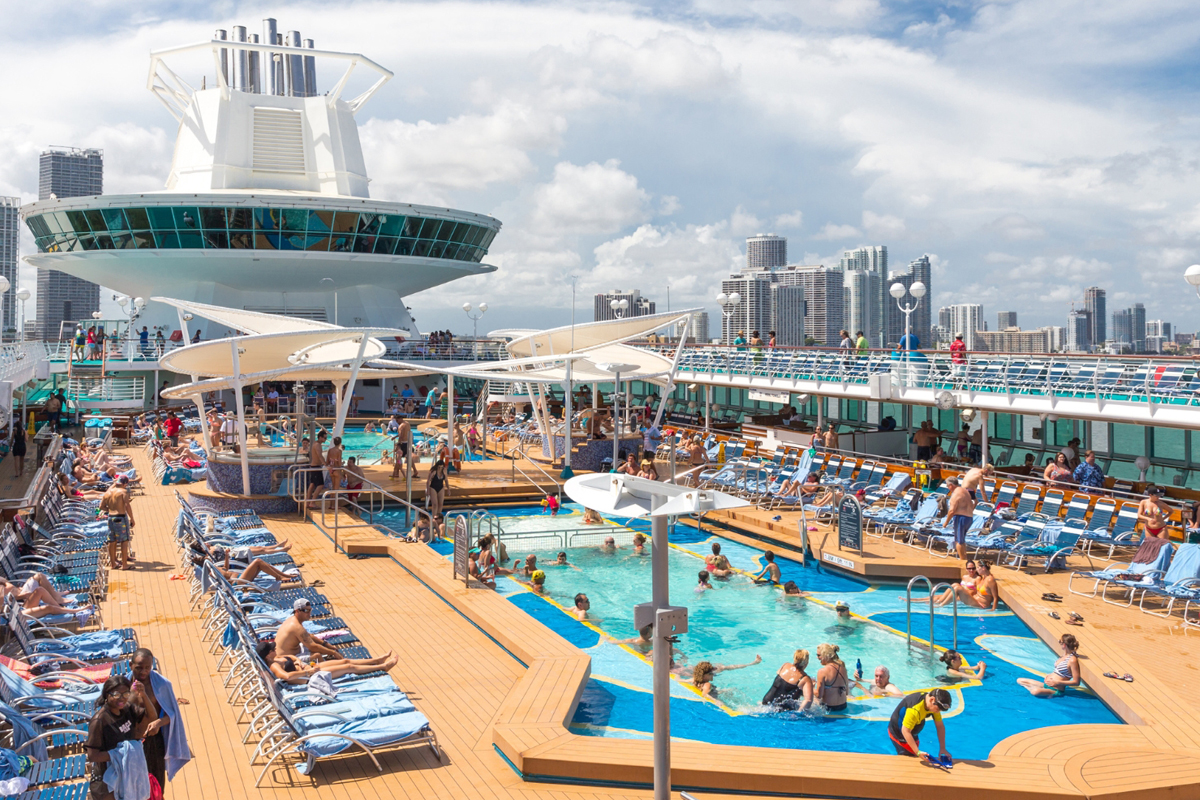
In the competitive world of cruise marketing, itinerary pages often go under-optimized—despite being one of the most influential decision points in the booking process. If your cruise itinerary pages aren’t ranking well or converting visitors into bookings, you’re likely missing out on high-intent travelers actively planning their next voyage.
For cruise lines operating in or out of Florida, where ports like Miami, Tampa, and Port Canaveral are hubs of global travel, optimizing itinerary pages can make the difference between a bounce and a booking.
Here’s why these pages matter for SEO—and how to structure them for maximum visibility and conversion.
Why Itinerary Pages Drive Booking Behavior
Cruise travelers don’t book blindly. They browse destination options, compare shore excursion details, and evaluate day-by-day itineraries before committing.
Well-optimized itinerary pages:
- Attract organic traffic for destination-specific searches (e.g., “Bahamas cruise from Miami 2025”)
- Support buyer decision-making with detailed port and activity info
- Help your cruise brand appear more organized, trustworthy, and tailored to traveler needs
These pages don’t just inform—they persuade.
1. Capture Destination Keywords and Search Intent
Many cruise customers begin their journey with a search like:
- “7-day Caribbean cruise itinerary”
- “Florida to Cozumel cruise stops”
- “Best Mediterranean cruises in November”
Your itinerary pages should include these types of search phrases in:
- Page titles
- Meta descriptions
- On-page H1 and H2s
- Image alt text (especially for route maps and port photos)
🛳 Example: A cruise brand running seasonal itineraries out of Tampa can target terms like “Winter Caribbean cruises from Tampa” and “Western Caribbean 2025 itinerary.”
2. Add Structured and Readable Itinerary Tables
Don’t hide your itinerary behind PDF downloads or awkward graphics. Instead, use HTML tables or accordions to display day-by-day plans. This improves crawlability and user experience.
| Day | Port | Activities |
|---|---|---|
| 1 | Depart from Port Everglades, FL | Embarkation & welcome dinner |
| 2 | At Sea | Spa day, poolside brunch |
| 3 | Nassau, Bahamas | Atlantis excursion, snorkeling |
This format:
- Helps Google index the full journey
- Allows for destination-based internal linking
- Makes it easier for mobile users to follow
3. Include Unique Destination Content
Don’t rely on generic location blurbs. Add original content that highlights:
- What makes each stop unique
- Special excursions or experiences
- Cultural tips or seasonal recommendations
📍Florida Example: For a Key West stop, include info about Duval Street walking tours, conch fritter tastings, or eco-friendly snorkeling trips at Dry Tortugas.
Localizing the content for each port increases relevancy and gives Google more context about what your itinerary offers.
4. Optimize Page Speed and Mobile Experience
Vacation planning happens on mobile—often on lunch breaks or between errands. If your itinerary pages are slow, clunky, or not mobile-friendly, users will bounce fast.
Ensure:
- Page load times are under 3 seconds
- Itinerary tables are responsive
- Images are compressed and well-labeled
Use tools like Google PageSpeed Insights or Lighthouse to identify performance issues.
5. Add Booking-Forward CTAs and Schema Markup
Your itinerary page should do more than inform—it should convert.
Use clear, action-driven CTAs:
- “Reserve Your Spot on This Itinerary”
- “View Cabin Availability”
- “Secure Early Booking Pricing”
And enhance discoverability with schema:
Add structured data (e.g., Event, Trip, Product) so Google better understands the offering and may display it in enhanced search features.
Cruise itinerary pages aren’t just travel guides—they’re a direct sales asset. With the right SEO structure, local destination content, and conversion-focused design, you can turn passive browsers into paying travelers.
If your cruise line serves Florida ports or relies on seasonal campaigns, optimizing these pages can have a direct impact on organic bookings and reduce your reliance on paid ads.
🚢 Want Your Cruise Itineraries to Rank Higher and Book Faster?
At SEO Consulting Experts, we help travel and cruise brands maximize bookings through optimized itinerary pages, destination content strategies, and technical SEO upgrades.
👉 Request a free SEO review of your top itinerary pages and discover where you’re leaving bookings on the table.

